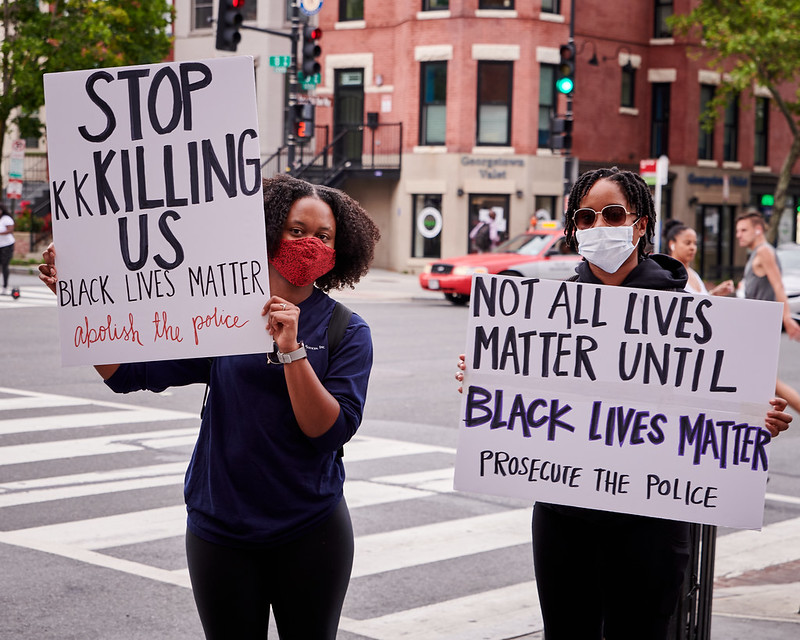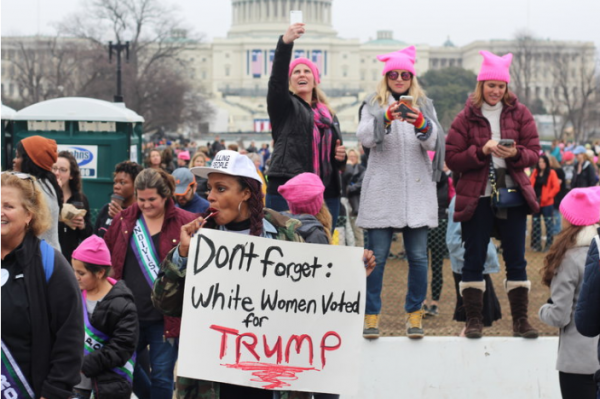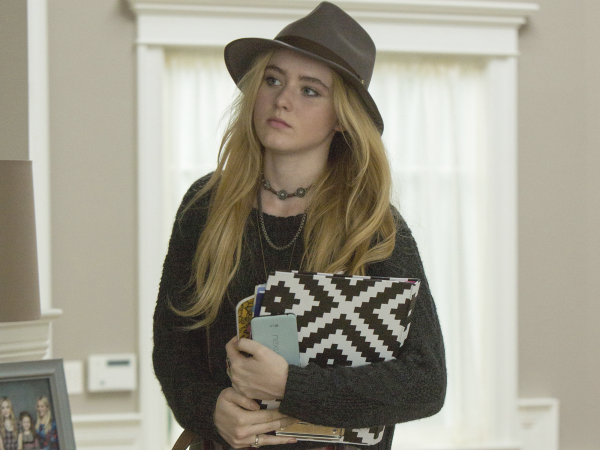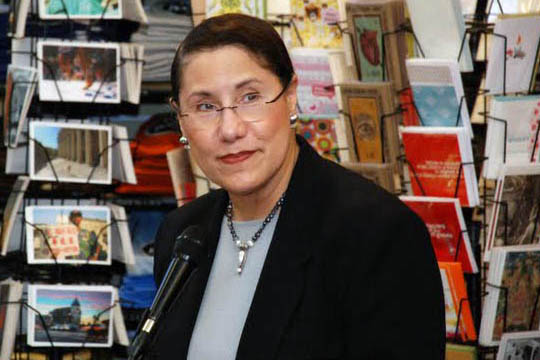Tits and Sass Stands With Black Lives Matter

UPDATED FROM 2016: Four years later, Tits and Sass and the sex worker community reiterate our alliance with the Black Lives Matter movement and all communities of color protesting the police nationally. We have updated the list of fundraisers below through which you can demonstrate support.
Twitter user @Chateau_Cat has compiled an ever-growing list of bail funds. Click here to access it.
There’s also a city-by-city guide in Paper Magazine on how to support people protesting against the police where you are.
And here is yet another list of local bail funds and legal help, which we originally saw tweeted on Lysistrata MCCF’s account. We’re unsure whom to credit for this one—please claim it if it’s yours.
Update on 6/1/2020: Finally, Reclaim the Block has created this list of grassroots Minneapolis organizations who haven’t gotten as many donations as some, but who are keeping their communities afloat and need help.
Update on 6/2/2020, International Whores Day and Blackout Tuesday: This is a comprehensive National Bail Fund Network approved list of bail funds for protesters across the country.
Fundraisers for Black sex workers as well as other sex workers of color affected by police violence and incarceration
Fund for Alisha Walker, and a resource list by Support Ho(s)e on how you can support her and her community inside Decatur Prison.
SWOP Behind Bars offers a variety of ways to donate to incarcerated sex workers, with Amazon wishlists, jail libraries, and scholarship funds being among the many options, as well as a direct donation towards their work.
Update on 6/2: Finally, this is a spreadsheet Twitter user @daemonderriere created out of Caty Simon’s original thread listing sex worker mutual aid funds for COVID-19 relief monies—many of the sex workers these funds serve are criminalized Black sex workers and sex workers of color.
Memorial fundraisers for Black people killed by the police
George Floyd’s memorial fund, organized by his brother
A fundraiser to support Ahmaud Arbery’s mother, organized by his friend—#irunwithmaud
A fundraiser to cover grief counseling and funeral and burial expenses for Tony Mcdade’s family, designated to his mother. This one was just created an hour or two ago and could particularly use some help.
Update on 6/6/2020: This is a fundraiser for Breonna Taylor’s family. Yesterday would have been her 27th birthday. #SayHerName
Miscellaneous
Survived & Punished is a national coalition dedicated to supporting people—most often women of color—who have been incarcerated for surviving domestic or sexual violence. You can donate to them here.
Please add any additional fundraisers in the comments and share this list far and wide.



